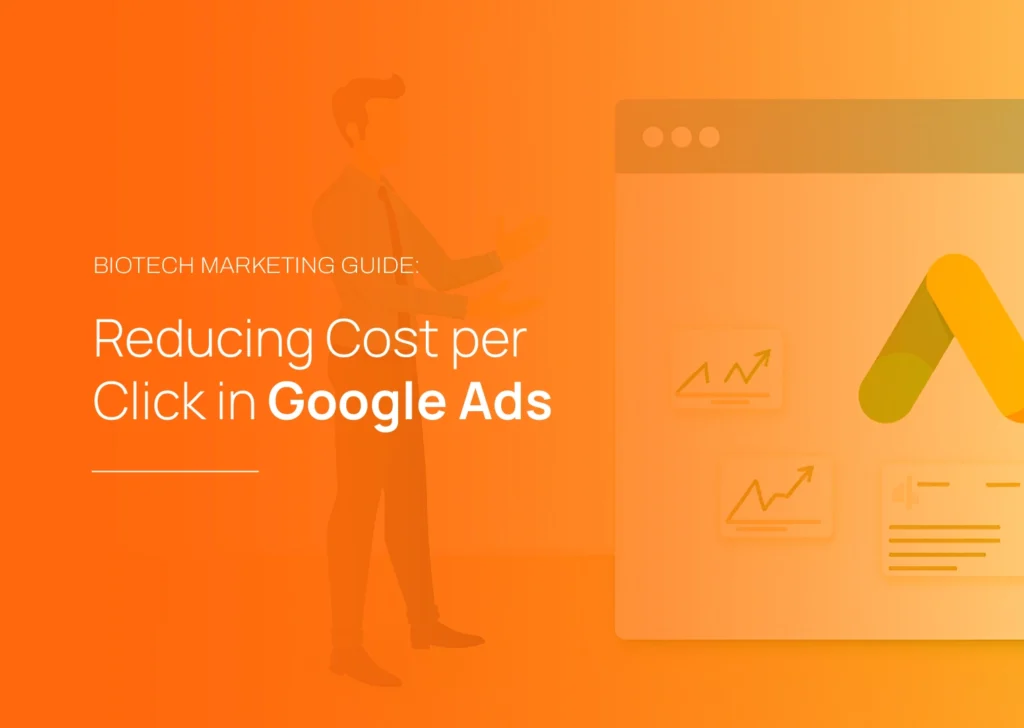In the fast-paced world of biotechnology and life sciences, it’s essential to stay ahead of the curve to remain competitive amidst all of the innovation. As marketing strategies evolve, webinars have emerged as a powerful tool for companies looking to make a lasting impact. These virtual events offer a unique platform for biotech webinar presenters to showcase their expertise, engage with their audience, and generate valuable leads. Webinars are becoming an indispensable part of modern marketing, particularly in the life sciences sector. Below, we’ve outlined four key ways in which webinars can empower your marketing strategy.
1. The Power of Webinars in Biotech Marketing
Webinars offer a unique set of advantages that traditional marketing methods simply cannot match. They provide a platform for in-depth discussions, live demonstrations of cutting-edge technologies, and real-time interaction with a global audience of peers and potential clients. This makes them particularly valuable life sciences professionals who need to communicate complex information effectively.
While social media or emails are great for sharing quick snippets of information, webinars offer a larger space to truly dive into the science and inspire your audience directly. The digital format also allows for seamless integration of complex visual aids, from molecular diagrams to real-time data visualizations, enhancing the audience’s understanding of complex biological concepts and technical innovations.

2. Engaging Audiences and Building Relationships
One of the most significant benefits of webinars is their ability to foster engagement through interactive content. Unlike static presentations or one-way communications, biotech webinars can incorporate polls, dynamic Q&A sessions, and live demonstrations. This interactivity not only keeps the audience engaged, but it also provides valuable insights into their interests and needs via deeper exploration into specialized topics.
For example, a life science company showcasing a new gene editing technology could use polls to gauge the audience’s familiarity with CRISPR techniques, tailoring the presentation to address their specific knowledge level. This personalized approach helps to build stronger relationships with potential customers and establish the company as a thought leader in the field.
Additionally, webinars enable global participation, bringing together diverse perspectives from researchers, industry experts, and regulatory professionals across different time zones and geographical boundaries. This broad reach enriches the dialogue and fosters potential collaborations and knowledge exchange that might otherwise be impossible.
3. Generating Leads and Creating Evergreen Content
Webinars are also an excellent way to generate leads and create evergreen content. By offering valuable information and insights, companies can attract a targeted audience of potential customers who share their information upon registering for the webinar. The webinars can also be made available on-demand, allowing those who couldn’t attend live to access the content at their convenience. The valuable repository of knowledge can be revisited and shared, extending the impact of these discussions well beyond the live event and driving continued lead generation.
Further, recorded webinars can be repurposed as blog posts, videos, or podcasts, providing a long-lasting source of marketing materials. Technical assets like case studies or white papers could also be generated to share the webinar information in a new way, and these high-value items can be gated for additional lead generation. Additionally, questions asked during the webinar can inspire the creation of additional content that is relevant to the audience’s broader interests or set the stage for a webinar series that can continue to drive engagement.

4. Showcasing Strategic Partnerships and Collaborations
Webinars can be a powerful tool for showcasing strategic partnerships and collaborations. By featuring guest speakers from other companies or organizations, life science companies can demonstrate their commitment to innovation and collaboration. This can help to build credibility and attract new business opportunities. Co-marketing a collaborative webinar effectively doubles the reach while lending trust to the messaging through association, allowing both organizations to tap into each other’s audience pools, introducing their solutions to pre-qualified prospects who might otherwise have remained unaware of their offerings.
For instance, a biotech company specializing in novel drug delivery systems might partner with a contract research organization (CRO) to present a comprehensive webinar on accelerating the path to clinical trials. This collaboration not only showcases the seamless integration of both companies’ services but also positions them as thought leaders who understand the end-to-end journey of drug development. The partner company’s audience gains valuable insights into innovative delivery systems, while the biotech firm’s followers learn about streamlined clinical trial processes – creating a win-win situation that generates high-quality leads for both organizations. Moreover, these collaborative events often spark deeper conversations about potential business alignments, transforming a simple webinar into a catalyst for broader strategic partnerships that can drive industry innovation forward.
Conclusion
Webinars have become an indispensable tool in the biotech and life sciences marketing arsenal. They offer unparalleled opportunities for audience engagement, thought leadership, and lead generation. By showcasing expertise, fostering collaborations, and creating valuable, evergreen content, webinars can significantly enhance a company’s marketing efforts and industry standing.
As you consider incorporating webinars into your marketing strategy, remember that choosing the right platform is crucial. At Samba Scientific, we offer comprehensive webinar packages that drive results. Interested in hosting a webinar with us? Let’s connect.





